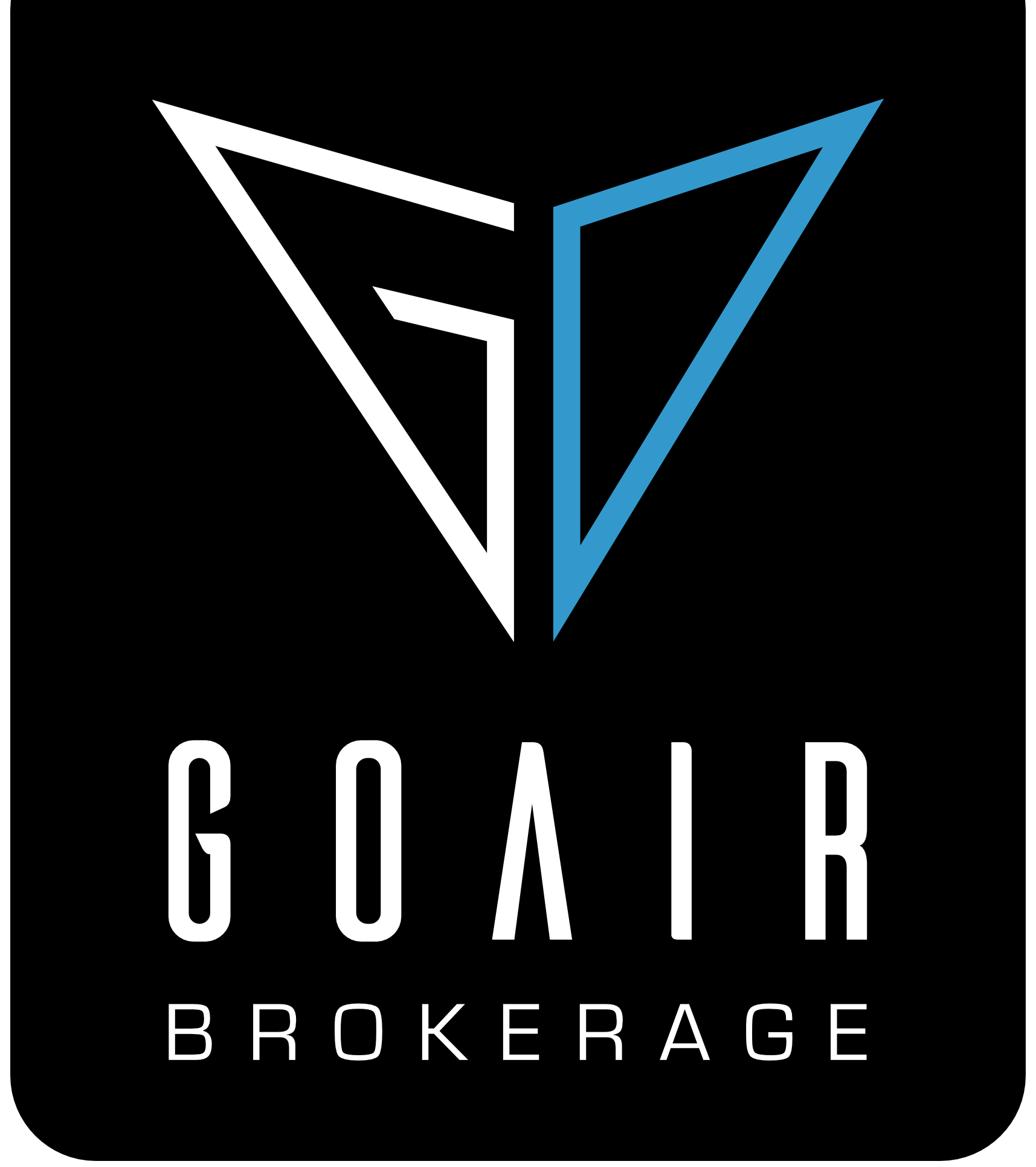So, you’re ready to part ways with your aircraft. Whether it’s a change in your aviation needs, market conditions, or simply the desire to move on to something new, selling your aircraft is a significant decision. But fear not! With the right approach and guidance, you can navigate this process smoothly and maximize your investment.
Understanding Market Trends:
In the dynamic world of aircraft sales, staying abreast of current market trends is essential for sellers to make informed decisions and maximize their returns. Here are some key insights into market trends and factors that may impact the sale of aircraft:
- Demand for Specific Aircraft Types: The demand for different types of aircraft can fluctuate based on various factors such as economic conditions, technological advancements, and industry trends. For example, there may be increased demand for fuel-efficient aircraft models in response to rising fuel costs or a shift towards more environmentally friendly aviation solutions.
- Economic Conditions: Economic factors, including GDP growth, inflation rates, and interest rates, can significantly influence the demand for aircraft. During periods of economic expansion, businesses may invest in expanding their fleets to meet growing demand, driving up aircraft sales. Conversely, economic downturns may lead to reduced demand as businesses tighten their budgets and prioritize cost-saving measures.
- Regulatory Changes: Regulatory changes and updates, both domestically and internationally, can have a significant impact on the aircraft sales market. For instance, changes in environmental regulations or safety standards may affect the types of aircraft that are in demand or require modifications to existing aircraft to remain compliant.
- Technological Advancements: Advances in aviation technology, such as improvements in fuel efficiency, avionics systems, and maintenance practices, can influence buyer preferences and drive demand for newer aircraft models. Sellers should stay informed about technological developments in the industry and highlight any advanced features or upgrades their aircraft may offer.
- Market Sentiment: Market sentiment, including investor confidence, consumer spending patterns, and industry forecasts, can also influence aircraft sales activity. Positive market sentiment may lead to increased buyer confidence and higher demand for aircraft, while negative sentiment could result in cautious purchasing behavior and reduced sales activity.
Legal Considerations:
Selling an aircraft involves various legal considerations that must be addressed to ensure a smooth and legally sound transaction. Here are some important legal considerations sellers should keep in mind:
- Title Transfer: One of the most critical legal aspects of selling an aircraft is transferring ownership or title from the seller to the buyer. Sellers must ensure that they have clear and marketable title to the aircraft and that all liens and encumbrances are cleared before completing the sale.
- Registration: Aircraft registration is a legal requirement in most jurisdictions and involves submitting the necessary documentation to the appropriate aviation authority. Sellers must ensure that the aircraft’s registration is up to date and compliant with regulatory requirements before selling.
- Documentation Requirements: Selling an aircraft typically requires a range of documentation, including the aircraft’s logbooks, maintenance records, and airworthiness certificates. Sellers must organize and provide all necessary documentation to the buyer to facilitate the sale and ensure compliance with regulatory requirements.
- Liability Issues: Sellers may be held liable for any defects or issues with the aircraft that arise after the sale if proper disclosure procedures are not followed. Sellers should disclose any known defects or issues with the aircraft to the buyer and include appropriate indemnification clauses in the sales agreement to protect themselves from liability.
- Working With Legal Professionals: Given the complex legal nature of aircraft sales, sellers should consider working with experienced aviation attorneys or legal professionals specializing in aircraft transactions. Legal professionals can provide invaluable guidance and assistance throughout the sales process, ensuring that all legal requirements are met and protecting sellers’ interests.
Preparing Your Aircraft For Sale
Before you list your aircraft on the market, it’s crucial to ensure it’s in top-notch condition. Think of it like preparing your car for sale, but on a much larger scale. Start by conducting thorough maintenance checks to address any mechanical issues. Buyers will appreciate a well-maintained aircraft that’s ready to fly without any hiccups.
Next, give your aircraft a thorough cleaning inside and out. A sparkling clean exterior and a tidy, organized interior will make a great first impression on potential buyers. Consider investing in professional detailing services to ensure every nook and cranny is spotless.
Additionally, consider any necessary upgrades or cosmetic enhancements that could increase the appeal of your aircraft. This could range from installing modern avionics systems to updating the interior upholstery. Remember, the goal is to make your aircraft stand out from the competition and fetch top dollar.
Setting The Right Price
Pricing your aircraft correctly is perhaps the most critical step in the selling process. Set the price too high, and you risk turning off potential buyers. Set it too low, and you could leave money on the table. To determine the right price, conduct thorough research on comparable aircraft listings, taking into account factors such as age, condition, and equipment.
Consider hiring a professional aircraft appraiser to assess the value of your aircraft objectively. They can provide valuable insights into market trends and help you set a competitive yet realistic price. Remember, a well-priced aircraft will attract more interest from buyers and increase your chances of a quick sale.
Marketing Your Aircraft
Once your aircraft is primed and priced, it’s time to spread the word. Effective marketing is key to reaching potential buyers and generating interest in your aircraft. Start by creating high-quality listings with detailed descriptions and stunning photos that showcase your aircraft’s features and condition.
Utilize online marketplaces, aviation forums, and social media platforms to reach a wide audience of potential buyers. Consider investing in targeted advertising to ensure your listing gets maximum exposure. Don’t forget to leverage your network of aviation contacts and industry connections—they could be valuable sources of leads.
Partnering With GO Air Brokerage
Navigating the aircraft selling process can be daunting, but you don’t have to go it alone. GO Air Brokerage is here to help every step of the way. As a trusted leader in the aviation industry, we have the expertise and resources to streamline the selling process and maximize your returns.
Our team of experienced professionals will conduct a comprehensive market analysis to determine the optimal pricing strategy for your aircraft. We’ll handle all aspects of marketing and promotion, leveraging our extensive network of buyers and industry contacts to find the right buyer for your aircraft.
From initial listing to closing the deal, we’ll be by your side, providing personalized guidance and support to ensure a smooth and successful transaction. With GO Air Brokerage, you can rest assured that your aircraft sale is in capable hands.
In conclusion, selling your aircraft doesn’t have to be a daunting task. By following these tips and partnering with a reputable brokerage like GO Air Brokerage, you can navigate the process with confidence and maximize your investment. Here’s to a smooth and successful sale!

